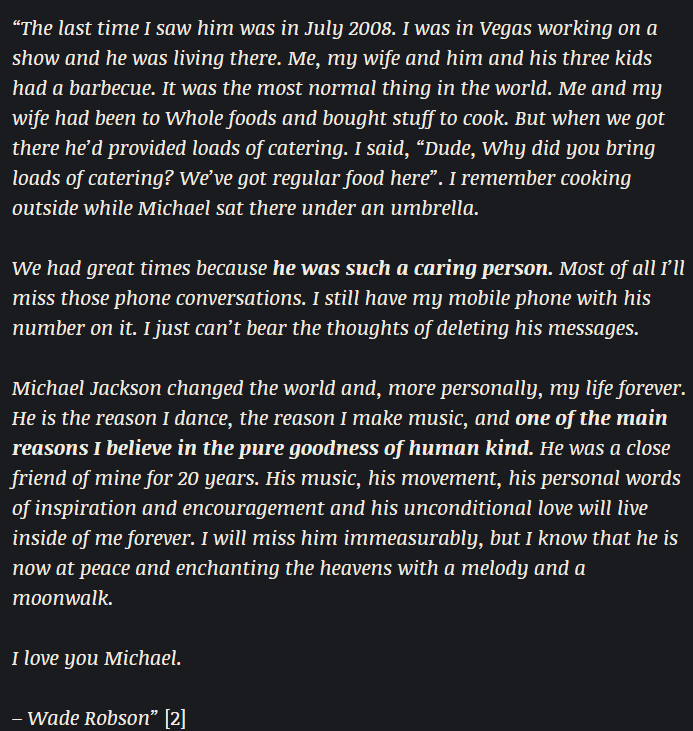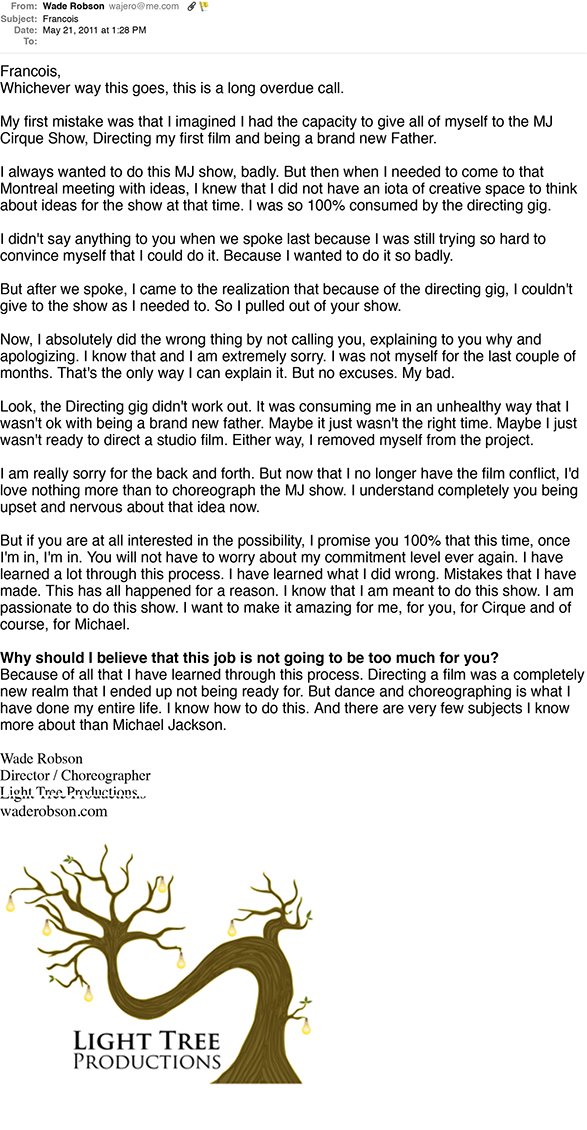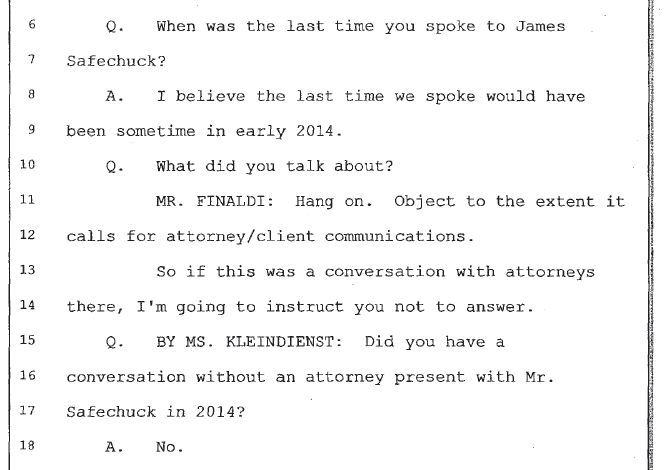Well, I just watched the movie, and I found the case against MJ deeply flawed. THREAD.
For instance:
Read more here:
This is what Safechuck's mother claims she said on hearing of MJ's death. The problem is, MJ died in 2009, 4 years before her son “realised” he’d been abused.


And that, to me, is wrongdoing I can be certain of.






